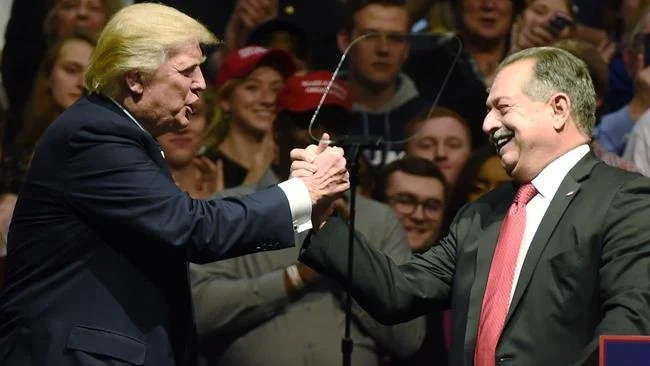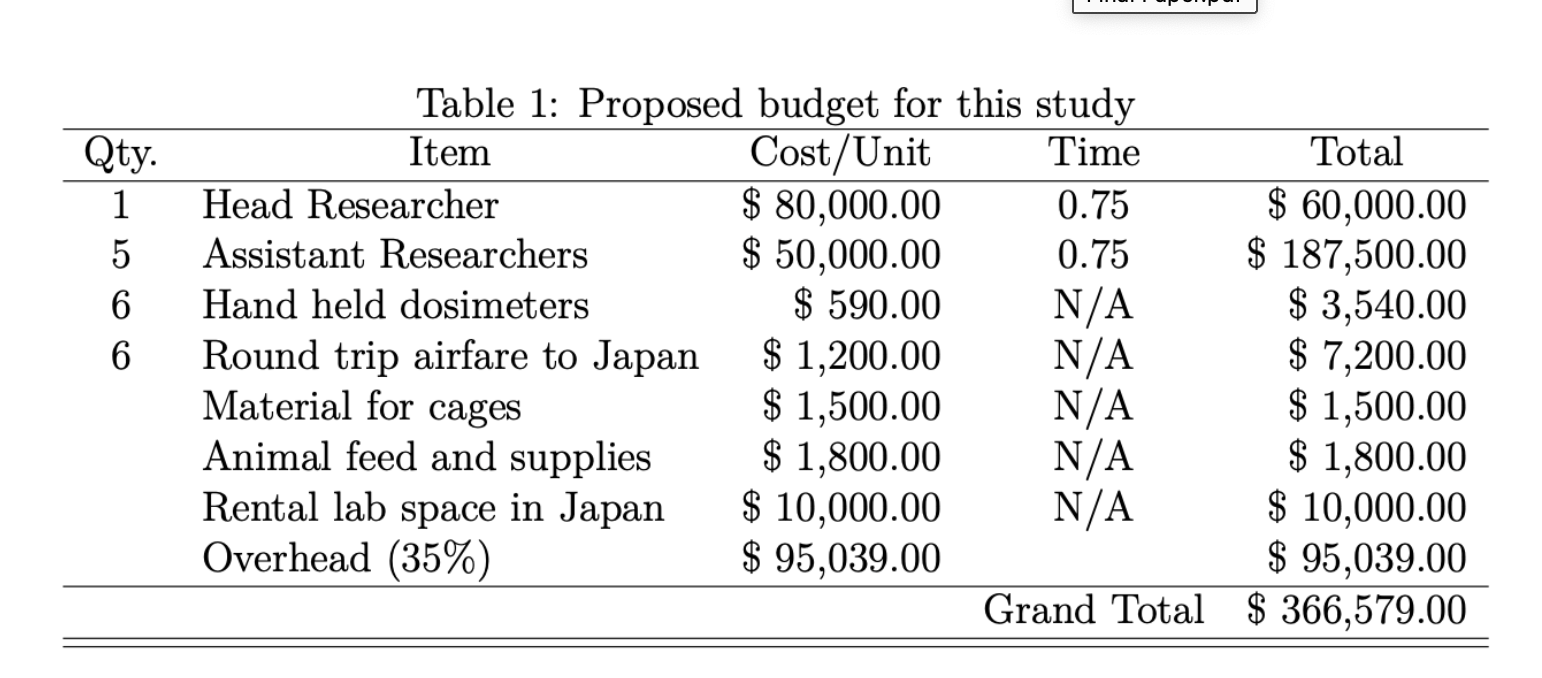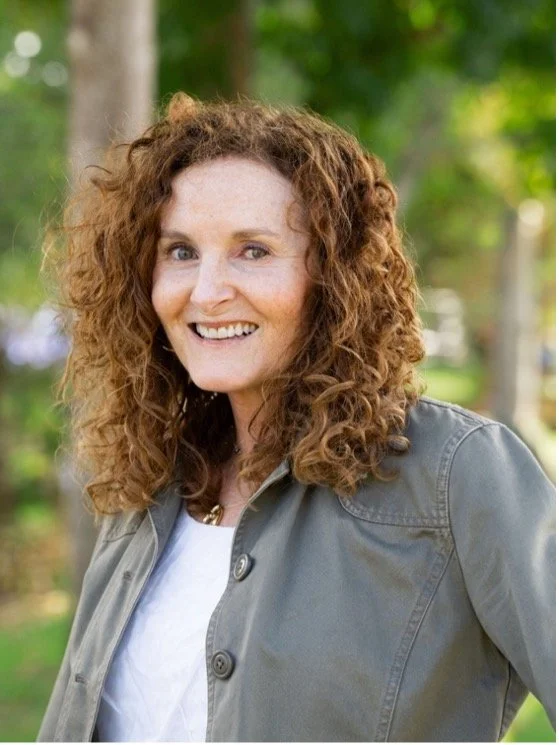Years ago, when I was putting together a symposium on climate change at Benedictine, a top climate change scientist, when asked if he would debate climate change for a live audience, said no quite definitely, and referred me to Merchants of Doubt by Naomi Oreskes and Erik Conway to explain why. Representing as a debate the basic science on climate change -- it is occurring; we are primary causes -- misrepresents the truth because the consensus of science shows that the debate is over. Now, scientists are investigating changing mating seasons of squirrels in the Canadian arctic; improved models for predicting rainfall in the Midwest; number of people killed by excess heat waves in Europe; and a million other subsidiary problems premised on established science on climate. Merchants of Doubt shows how a handful of scientists, many well funded by industry, have employed debate and doubt in the popular media to stall policy changes on issues ranging from tobacco to pesticides to ozone-layer thinning to climate change. Devra Davis makes a similar case for cancer-causing pollution like tobacco smoke and pesticides. Both these works recognize the similarities amongst different kinds of science denial -- all motivated by greed. Although the New York Times just gave the movie version mixed reviews, chiefly because of its unrealistic optimism, I highly recommend the book on which it is based.

If you have wondered why, if environmental health impacts are so dire and children are dying, we are not doing more, this is one highly credible explanation.











